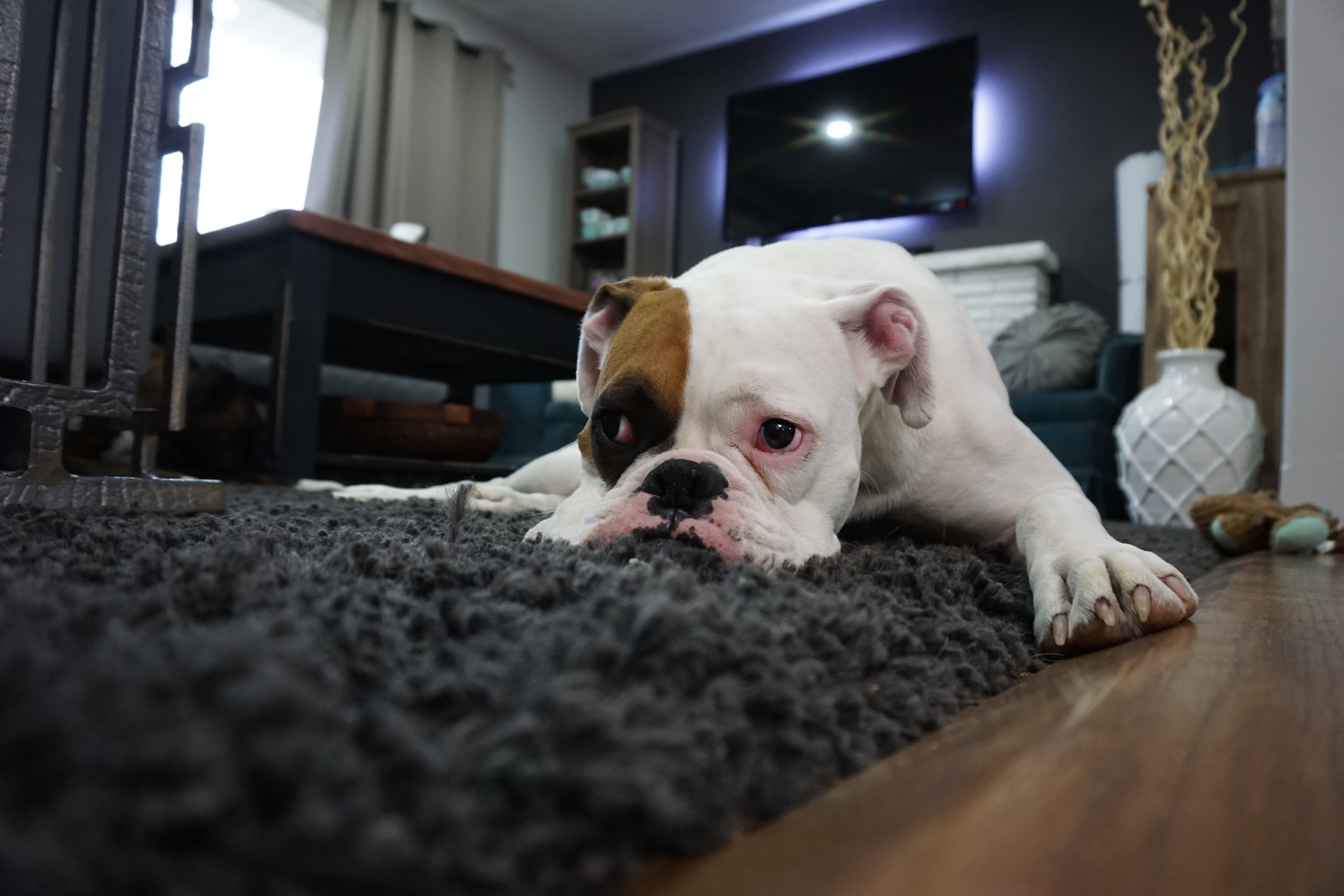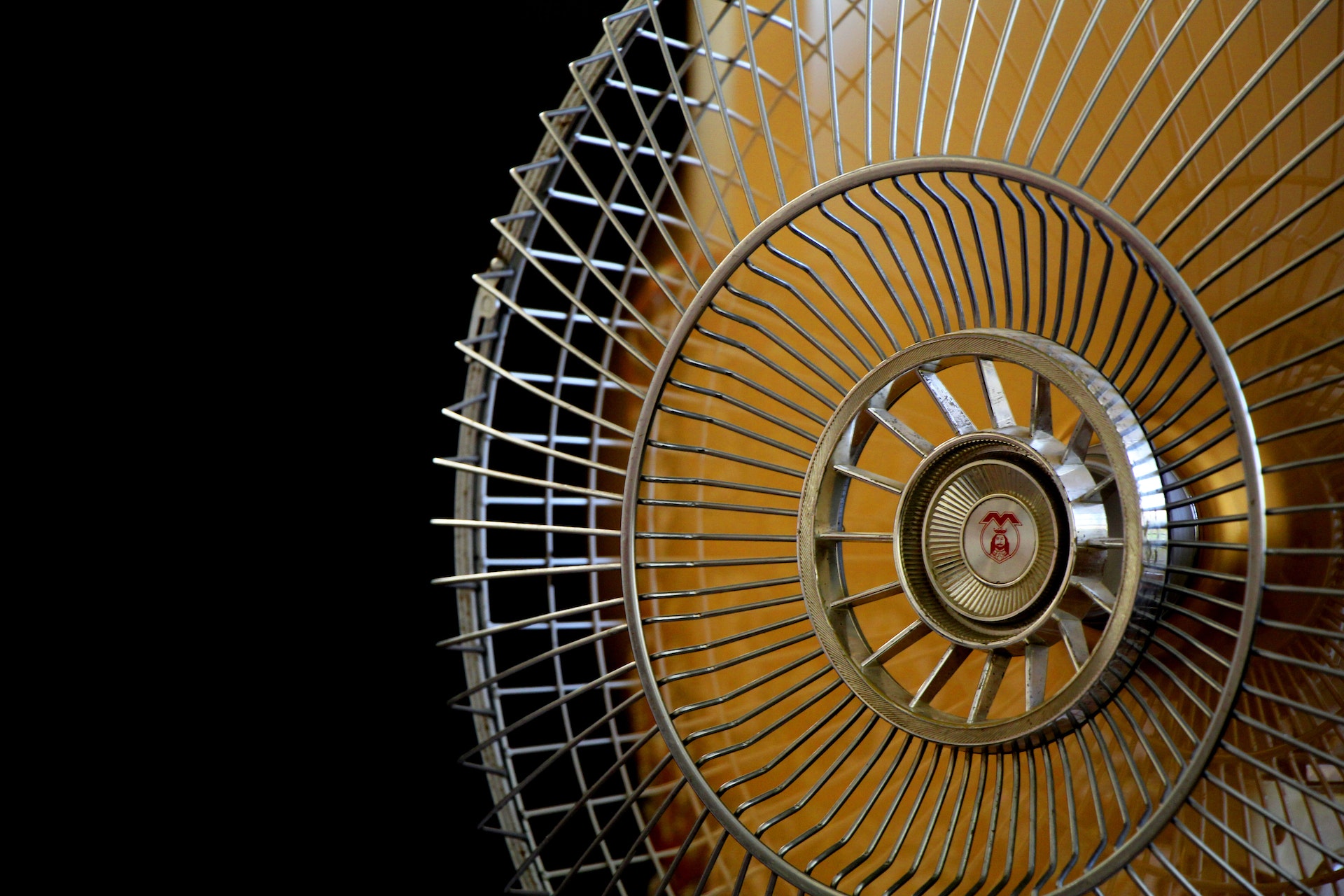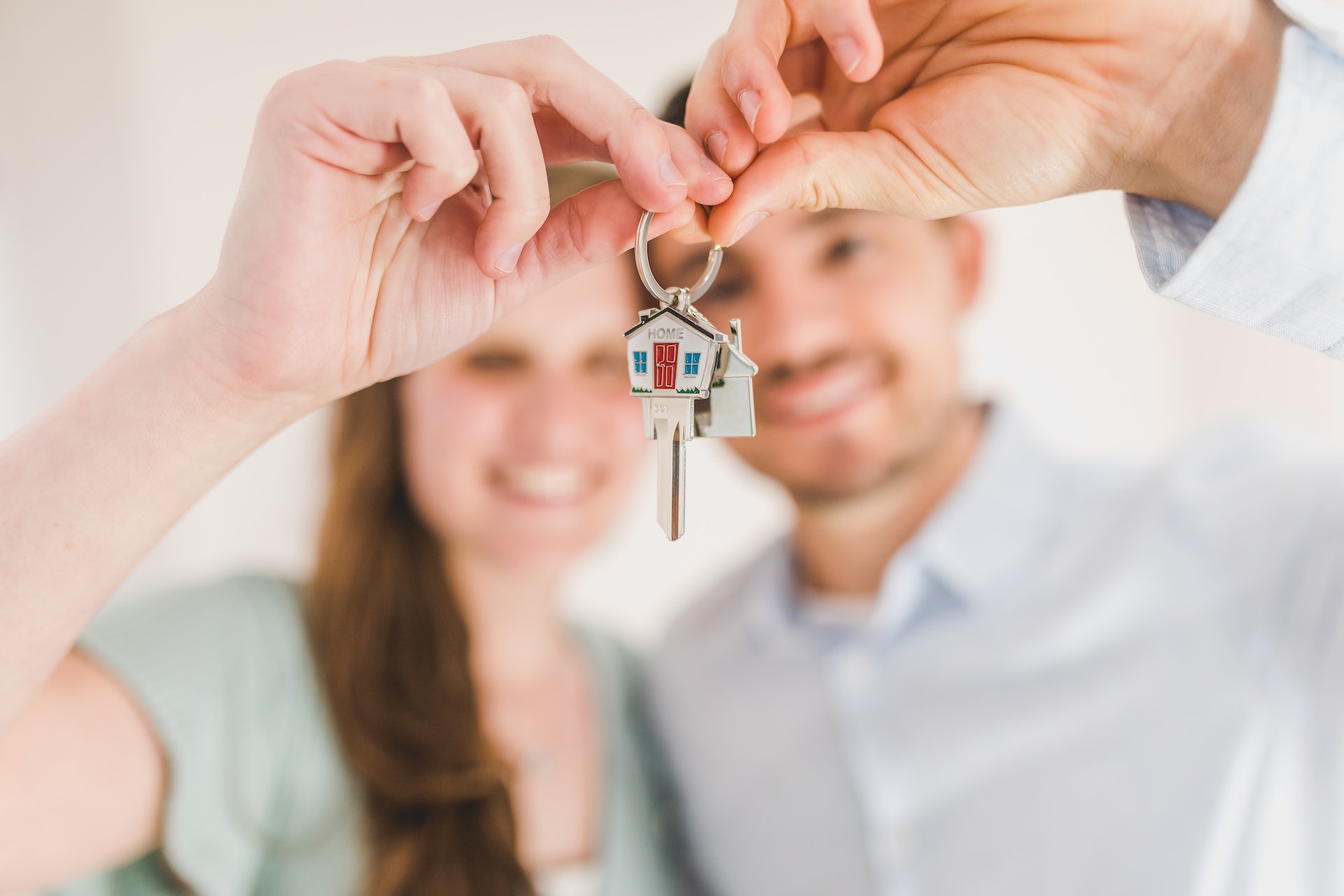Your home’s air filter is an essential factor in your indoor air quality and overall home health. Air in the HVAC system passes through an air filter. The main purpose of an air filter is to clean air as it circulates through the home’s heating and cooling system. As the name indicates, an air filter does exactly that – it filters the air by trapping dust and other things.
Air filters are made from various materials, including spun fiberglass or pleated cotton, cloth or paper. They are located in the home’s air vents, but the exact location of where you’ll access your air vents will be based on your individual HVAC system.
How Often Do I Change My Home’s Filter?
How often you’ll need to replace your AC filter varies. In general, it’s best to change your air filter once a month. If you have pets, you may want to change your filter more frequently since it is more likely to catch pet hair and particulates. If you live in an area that’s high in pollen, you’ll also want to change your filter more often.
Factors That Influence The Filter’s Longevity
An air filter’s longevity depends on the type of filter, quality of indoor air, size of the home, and air pollution.
Different types of AC filters have various specifications indicating how often they should be replaced. For example, although fiberglass filters are less expensive, they must be replaced more frequently – every 30 days on average. Pleated air filters cost more than fiberglass filters, but they can last up to 3 – 6 months in certain conditions.
The number of people living in the home can also impact how often you need to change your home’s filter. More occupants lead to more dirt and debris. A family of 5 will have accumulated more buildup than a single occupant.
The size of the house is another factor. Larger homes circulate more air through the air filters. The air filters in a smaller home don’t need to be changed as frequently as a filter in a larger home with the same conditions.
If there’s a smoker in the home, you’ll absolutely want to ensure you change the filter frequently to improve the air quality. Remember, a dirty filter means dirty air.
Consequences of Failing to Change the Filter
Since they’re not something you usually see, AC Homeowners can forget to change the HVAC filters. Sometimes homeowners can go months without changing the filter, resulting in a buildup of dust, debris, and allergens. The buildup of dirt, dust, etc. eventually leads to maintenance problems over time.
HVAC system repairs can be costly and inconvenient. You won’t want to find yourself without a working AC in the middle of the summer. In addition, more dust particles and other particulates can get through a dirty filter, harming your indoor air quality.
Failing to replace the air filter can cause a homeowner’s energy bill to increase. A clogged filter causes the system to work harder. More work means more energy and that results in a more expensive electric bill for you.
Conclusion
If you have questions about changing your air filter or your home’s indoor air quality, contact Triangle Air Conditioning today. Our professionals can let you know just how often to change your home’s air filters based on the conditions and other factors.





